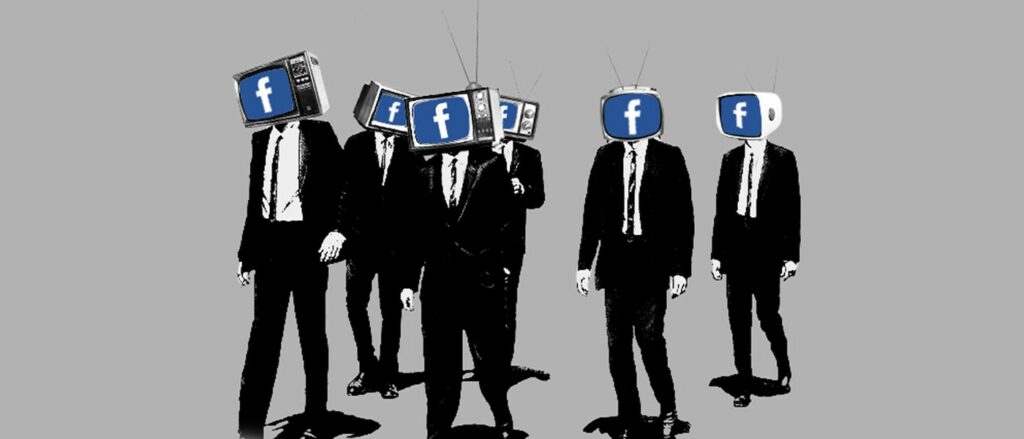
Digital gangsters. You know you’ve crossed a mighty big line when a government refers to your company in this way.
According to David Pegg writing in The Guardian, the term was used by Damian Collins, committee chair for Parliament’s Digital, Culture, Media and Sport committee. The group recently released their final report from an 18-month investigation, and wow, did they have a lot to say about Team Zuckerberg.
“Democracy is at risk from the malicious and relentless targeting of citizens with disinformation and personalized ‘dark adverts’ from unidentifiable sources, delivered through the major social media platforms we use every day,” warned Collins.
Those are some massively bold accusations, which the Labour party was quick to support. Tom Watson, Labour’s deputy leader, put it clearly, saying “Labour agrees with the committee’s ultimate conclusion – the era of self-regulation for tech companies must end immediately.”
On top of this scathing political denouncement, news surfaced just last week that Facebook is able to receive data from many popular apps even if the user doesn’t have a Facebook account. And these are highly personal data points, like when users of a popular ovulation app are trying to get pregnant, for example. What, so they can more effectively target diaper ads? The idea is so beyond what we expect from the brands we trust.
This goes beyond personal data however, to the rot that is undermining society’s political systems. Members of Parliament, at least, have had enough.
“We need new independent regulation with tough powers and sanctions regime to curb the worst excesses of surveillance capitalism and the forces trying to use technology to subvert our democracy,” Watson continued.
“Facebook continues to choose profit over data security, taking risks in order to prioritize their aim of making money from user data,” the report states, accusing the company of covering up leaks of user data. “It seems clear to us that Facebook acts only when serious breaches become public.”
We’ve seen that play out in real time, with Facebook often being strangely silent when the press, or the U.S. Congress, starts demanding accountability.
“Companies like Facebook should not be allowed to behave like ‘digital gangsters’ in the online world, considering themselves to be ahead of and beyond the law,” the report warns.
We are all at a crossroads. Clearly, there needs to be some control over this. Companies cannot run roughshod over privacy, subverting their own public stand on data handling and basically doing as they please. The government in the U.S. has been lukewarm in addressing the issue; the UK’s response seems to have more teeth.
It is, however, inherent on brands and marketers to understand the role they play in all of this. If you are part of the digital wasteland that is social media these days, you aren’t off the hook. Those targeted ads you purchased … do you know if your intended audience gave permission for their data to be used? Or were they caught up in just one of the many, many data scandals and privacy violations that seem to occur with stunning regularity?
While we wait for our governments to decide “what must be done,” we can take our business elsewhere. The ad industry is speaking out; will brands listen?

March 5, 2019, 8:37 am